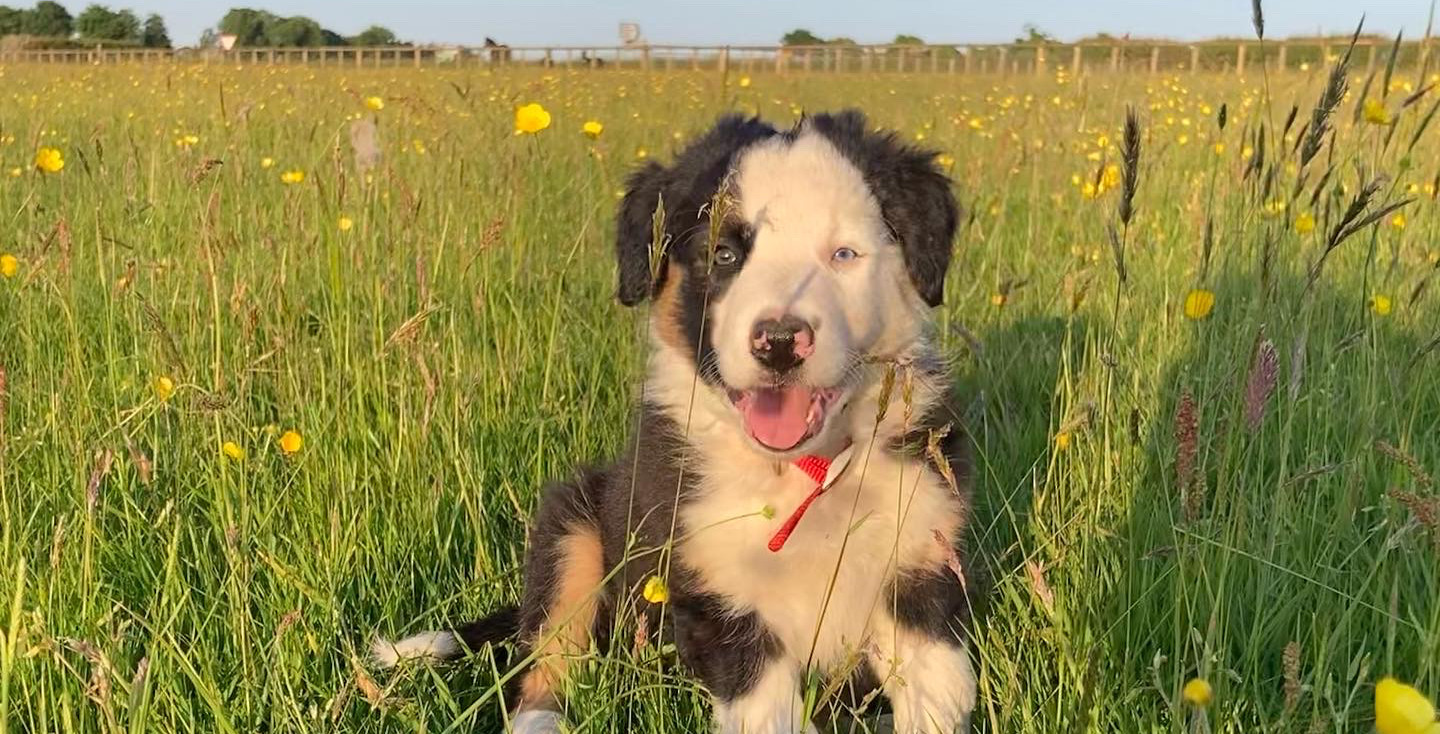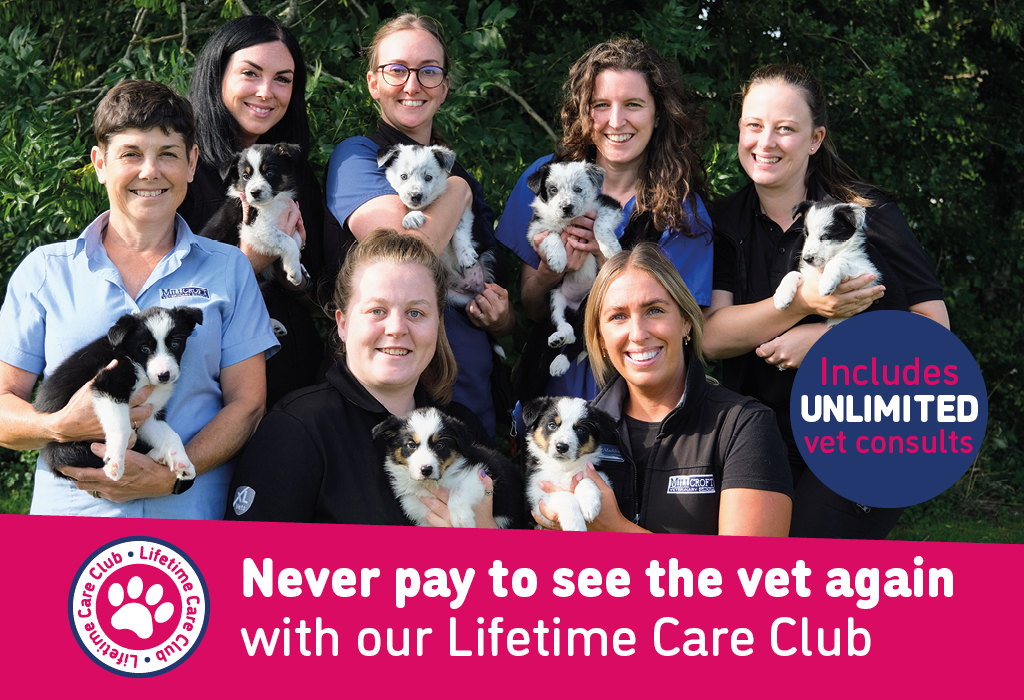
The importance of socialisation
The period of time up to 14 weeks of age is known as the socialisation period, where the puppy’s brain is like a sponge soaking up every new experience.
The puppy’s brain develops at such a fast rate that it is vital to create positive associations with as many everyday things as possible.
This helps develop your puppy into a relaxed and confident adult dog.
The socialisation period does not necessarily close after 14 weeks of age – it is important to continue ensuring positive experiences up until social maturity, which can be around 24 months.
The introduction of new experiences needs to be gradual and controlled. It must also be done when your puppy is relaxed, so we first need to consider signs of stress in dogs.
Our dog will use their whole body to communicate with us. Some of the stress signals can be very subtle, including licking lips and pulling ears back.
If your puppy begins to show signs of stress it is important to stop the interaction or experience. You can try again at a later date at a reduced intensity or at a greater distance.
Puppies that feel overwhelmed or have a negative experience during socialisation, are more likely to be worried and develop problem behaviours as an adult.
What your puppy needs to learn
Some things to consider introducing your puppy to include:
- Men and women of different appearances
- Children of all ages, and crying
- Other dogs
- Cats and other small pets
- Vets
- Cars (inside and out)
- Other houses
- Fireworks
- Bus/Railway stations Trains
- Horses
- Delivery people
- Joggers
- Household appliances
Other things to consider include:
- Handle your puppy daily to get them used to being gently touched all over including gentle examination of paws, eyes, ears and mouth – this will also help to prepare them for trips to the vets!
- Teaching your puppy how to be happy in their own company is also very important – start with building up time away from your puppy when you are still in the house.
If you’re having trouble with your new puppy or have any questions about how to look after them, don’t hesitate to reach out to our team.

